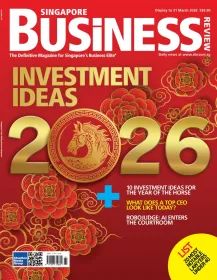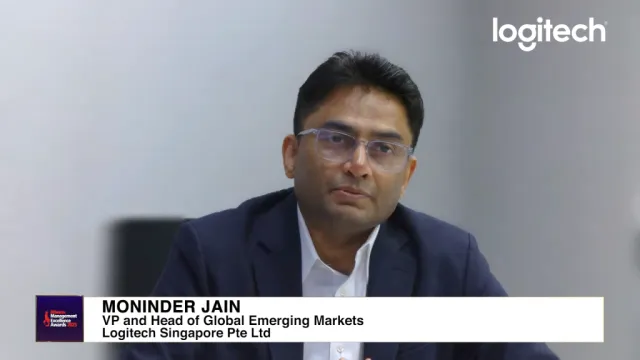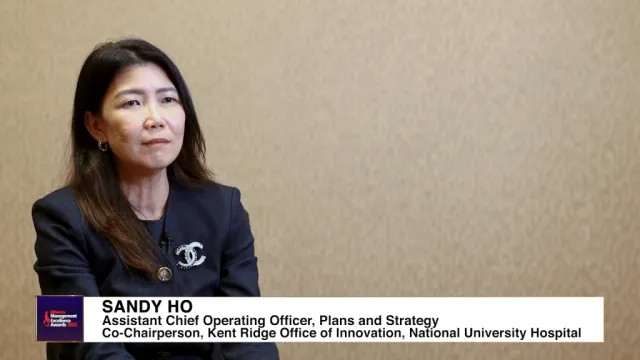Join the community
Thought Leadership Centre
Most Read
1. Singapore to slash CDC vouchers as Budget 2026 pivots to defence 2. Budget 2026 to surge tech funding as ageing workforce squeezes growth: analysts 3. OCBC and UOB to reverse year-long NIM slide in Q4 4. E-ang bao use jumps nearly 50% in 2025 as seniors ditch red packets: OCBC 5. UOB set for growth as DBS, OCBC earnings hold steady: reportResource Center
Awards
Apr
14
Event News
Singapore Business Review Management Excellence Awards 2025 Winner: Moninder Jain of Logitech Singapore Pte Ltd
Moninder Jain of Logitech Singapore highlights how human and AI collaboration strengthened the company’s market position.


 Advertise
Advertise
















Commentary
Will the National Jobs Bank end up a white elephant?
Will the National Jobs Bank end up a white elephant?
Are Singapore companies wising up to attract top Talent?
Chicken Rice and a bad taste in the mouth
5 points for Singaporeans investing in U.S. real estate
A trial date provides a timely reminder to Singapore firms
Is the Jobs Bank fair to Singapore?
What makes a good Singaporean bookkeeper
3 ideas to increase employee engagement in Singapore
From transit to trendy: how Singapore evolved into a cosmopolitan travel destination
Fueling Singapore's Smart Nation drive with data
What Singapore companies need to know about workplace learning
Tasty branding strategies of Singapore firms
8 ways to shake up Inventory Management as demand weakens in Singapore
Singapore's leadership role in food security
Here are the skills in demand in Singapore right now
Why banks in Singapore should not let HR run their LinkedIn company pages
Here's why brands in Singapore should create engaging content all year round